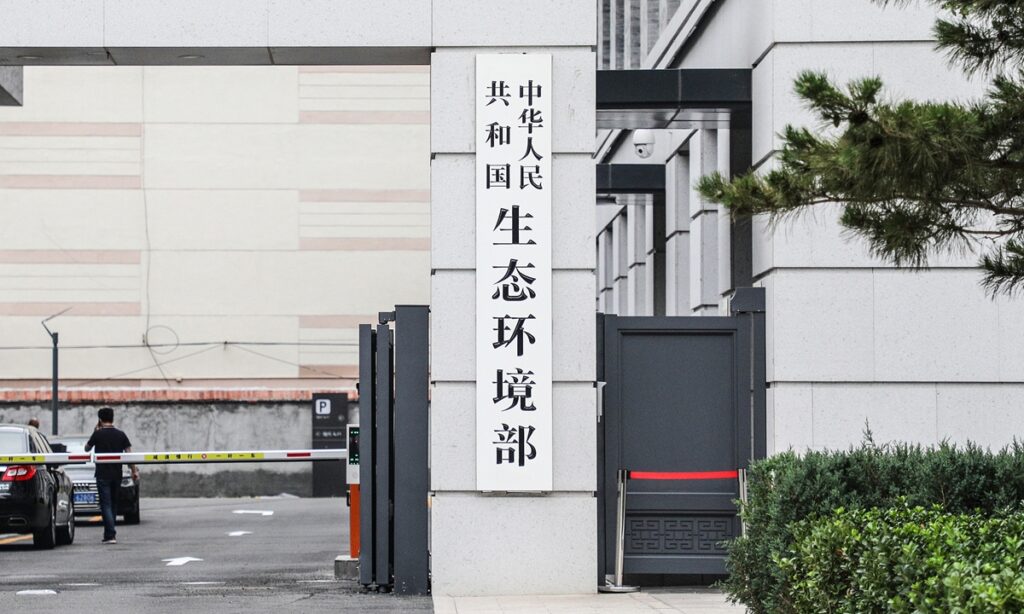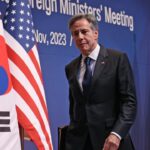China’s release of an action plan to reduce methane emissions reflects China’s positive response to climate change and marks the country’s contribution to global climate actions, said China’s Ministry of Ecology and Environment (MEE) on Thursday. Experts said the release of the plan is in accordance with China’s pace of reducing emissions and should not be interpreted as tactics to reach a climate agreement with the US.
China’s methane reduction plan was made based on the principle of coordination, implementing targeted measures and striking a balance between methane control and energy, food and supply chain security, as well as safety production, according to the MEE.
According to the plan, which was published on Tuesday, the policies, technologies and standards for methane emission control will be gradually established during the 14th Five-Year Plan period (2021-25). Basic capabilities such as methane emission statistical accounting, monitoring and supervision will be improved. The utilization and control of methane emissions will make active progress.
In the future, China will actively promote the implementation of key areas of methane control tasks and measures; boost carbon reduction, pollution reduction, green expansion, and growth; and make contributions to actively address global climate change, said the ministry.
By 2025, the annual utilization of coal mine methane is expected to reach 6 billion cubic meters. By 2030, the collection rate of gas from oilfield-associated gas is expected to meet advanced international standards, according to the plan.
Many Western media outlets have interpreted China’s move ahead of the upcoming COP28, which is scheduled to be held in Dubai from November 30 to December 12, as pulling China closer to reaching a climate agreement with Washington, as the latter has long pressured China to set targets for reducing methane emissions.
China has been emphasizing reduction of carbon or non-carbon emissions for a long time. The methane emissions plan was made based on the country’s development requirements and was not subject to external pressure, Bao Cunkuan, a professor from the Department of Environmental Sciences and Engineering at Fudan University, told the Global Times.
However, Bao is optimistic that Beijing and Washington are likely to reach a consensus on climate change at this “golden juncture,” as Xie Zhenhua, China’s special envoy for climate change, has gone to the US to talk with his US counterpart John Kerry.
The negotiations between Kerry and Xie “ended successfully” on Wednesday, the Chinese Ministry of Ecology and Environment said.
The two sides “engaged in a comprehensive, in-depth exchange of views and achieved positive results on developing bilateral climate change cooperation and action,” it added.
Beijing and Washington agreed to “jointly push for the success of the COP28 conference,” the ministry said.
Currently, China’s relations with the US have softened with the frequent high-level exchanges held in the past recent months. However, whether substantial results will be achieved in various fields is yet to be seen, said Bao.
“But I am positive about the prospect of climate cooperation between the two countries. Because both China and the US share a high degree of consensus in this field, so climate change can easily serve as an ice-breaker in bilateral relations,” Bao said.
(Global Times)




